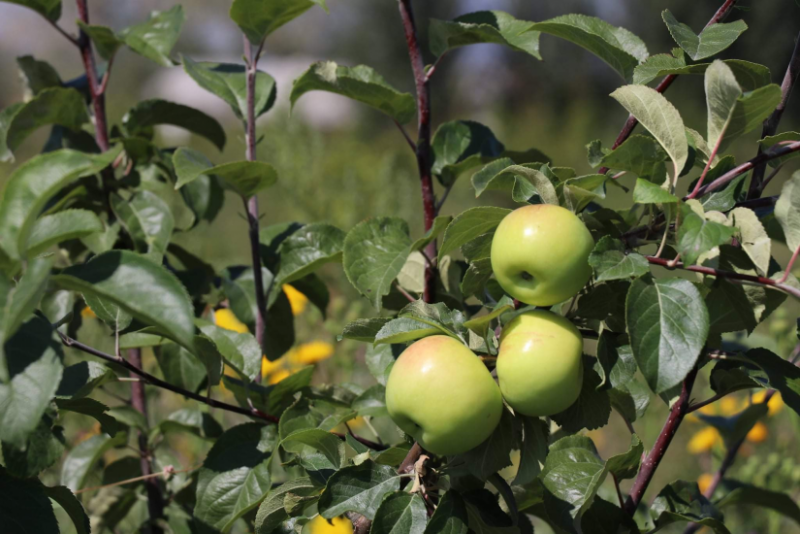“White Gold” National Program to Be Implemented for Three Years to Boost Light Industry
Ulaanbaatar, May 29, 2024 /MONTSAME/. President of Mongolia Khurelsukh Ukhnaa initiated the Draft Resolution of the State Great Khural on Some Measures to Boost Industries that Process Raw Materials of Animal Origin and Head of the Office of President Sodbaatar Yangug presented the Draft Resolution to Chairman of the State Great Khural Zandanshatar Gombojav. The Office of the President held a press conference to provide information on the “White Gold” National Program on May 28, 2024.
Head of the Office of President Sodbaatar Yangug said, “The Resolution of the State Great Khural is one of the first measures in implementing the “White Gold” National Program. Mongolia has a resource to produce around 50 thousand tons of wool and cashmere, specifically 37000 tons of sheep wool, 10000 tons of goat cashmere, 2000 tons of camel wool, and 400 tons of yak fiber. Currently, 70 percent of wool and cashmere are exported just washed domestically. Likewise, out of 18 million pieces of leather and animal hide resources, only 5.5 million are processed or semi-processed, meaning 70 percent is not processed at all. This proves that we must support the manufacturers that process these ever-growing raw materials of animal origin. For this reason, the President initiated this Draft Resolution of the State Great Khural, which is comprised of four articles. The Draft Resolution clearly defines the legal framework, organization, and intersectoral cohesion. The National Program will be implemented for three years and MNT 2.2 trillion will be required.
President’s Advisor of Agriculture and Rural Development Mendsaikhan Zagdjav said, “The primary goal of the “White Gold” National Program is to boost the light industry sector. In other words, it aims to enhance the processing of raw materials, multiply the types of value-added products, and expand overall exports. Currently, the agricultural export amounts to 7 percent of total export, of which 95 percent is cashmere. Of the total cashmere products Mongolia exports, 25 percent is domestically processed final products, while 70 percent is just washed and sold abroad. These numbers are unsatisfactory. With the implementation of the National Program, the income of herders will improve, manufacturers will renew their equipment, the number of light industries will increase, and the livestock vaccine plants will be refurbished. As a result of these developments, the agricultural export will augment from USD 400 million to USD 800 million”.
President’s Advisor of Economic Policy Davaadalai Batsuuri said, “As part of the National Program, commercial banks will issue loans totaling MNT 1.5 trillion to enterprises, of which, 50 percent will be circulating capital and the remaining will be investment loans. Experts have calculated the necessary financing for the sector as follows: MNT 200 billion for cashmere spinning factories, MNT 300 billion for wool washing, carding, spinning, weaving, and knitting factories, and over MNT 100 billion for leather processing plants. The stakeholders emphasize the necessity of long-term and low-interest loans. Therefore, the funding can be solved in a way that the variance between the general interest amount of the loan issued by banks and the soft loan interest amount that should be provided to producers can be offset from the State Budget.


